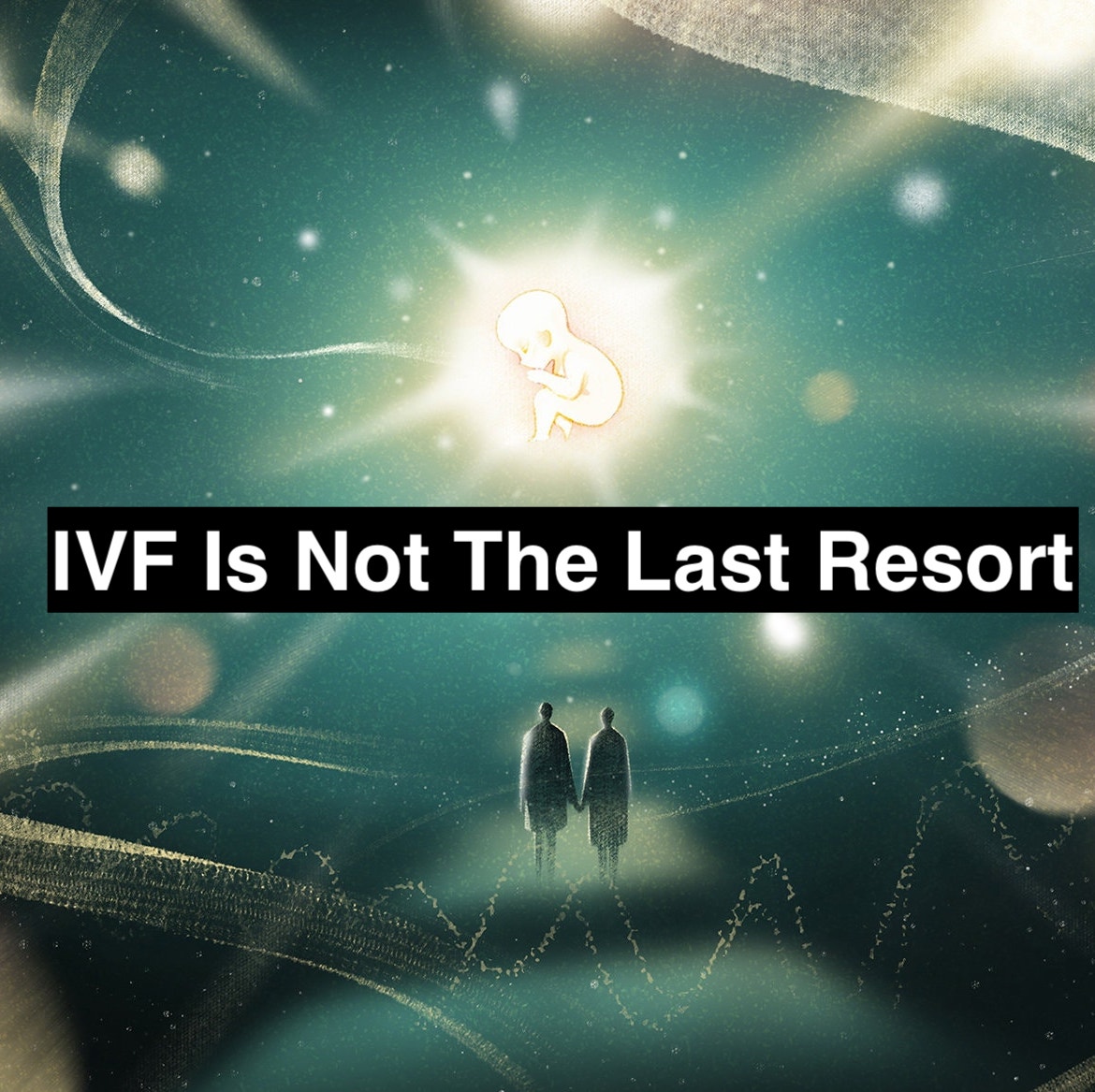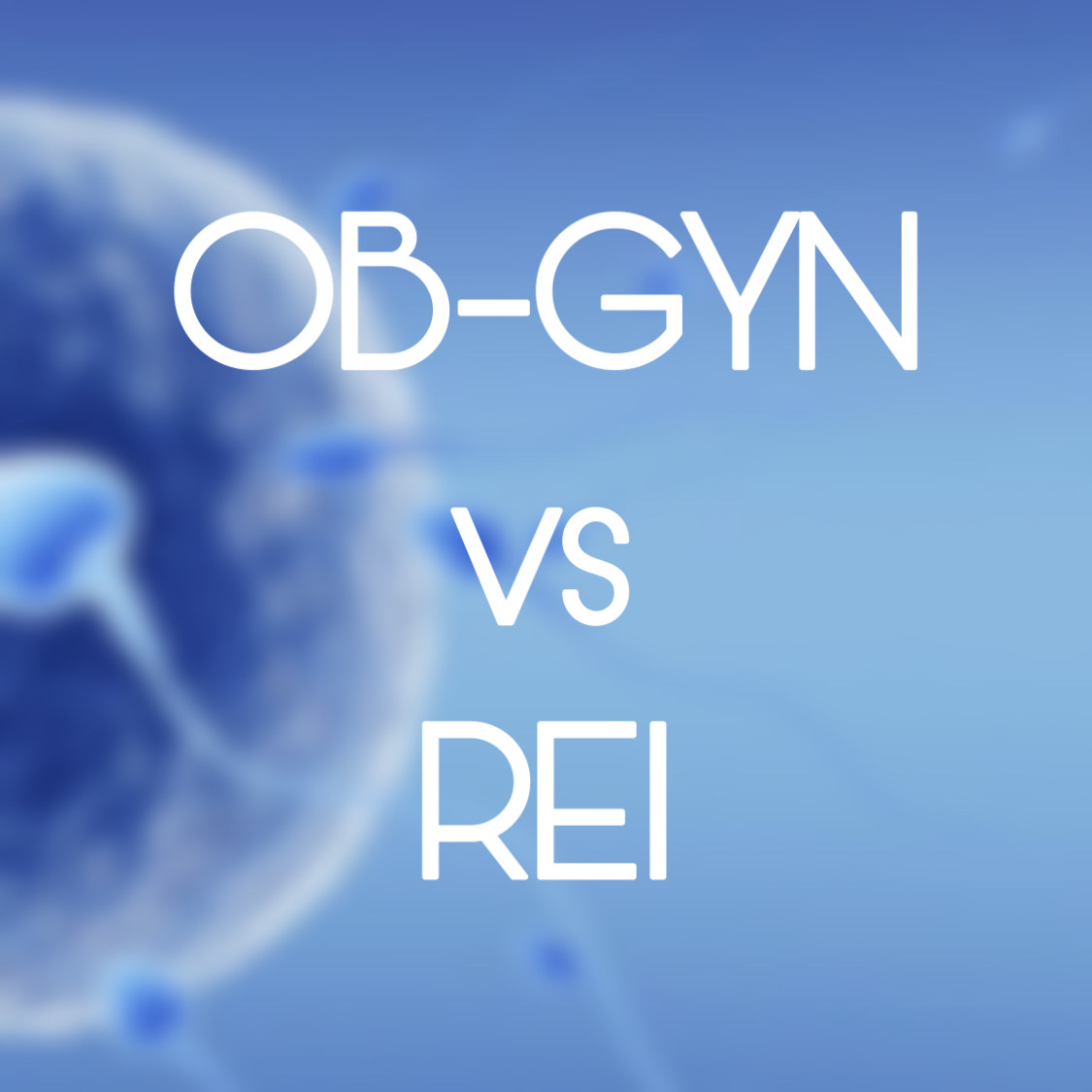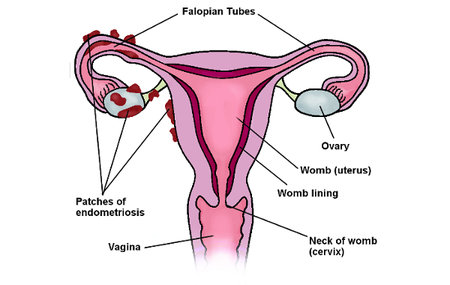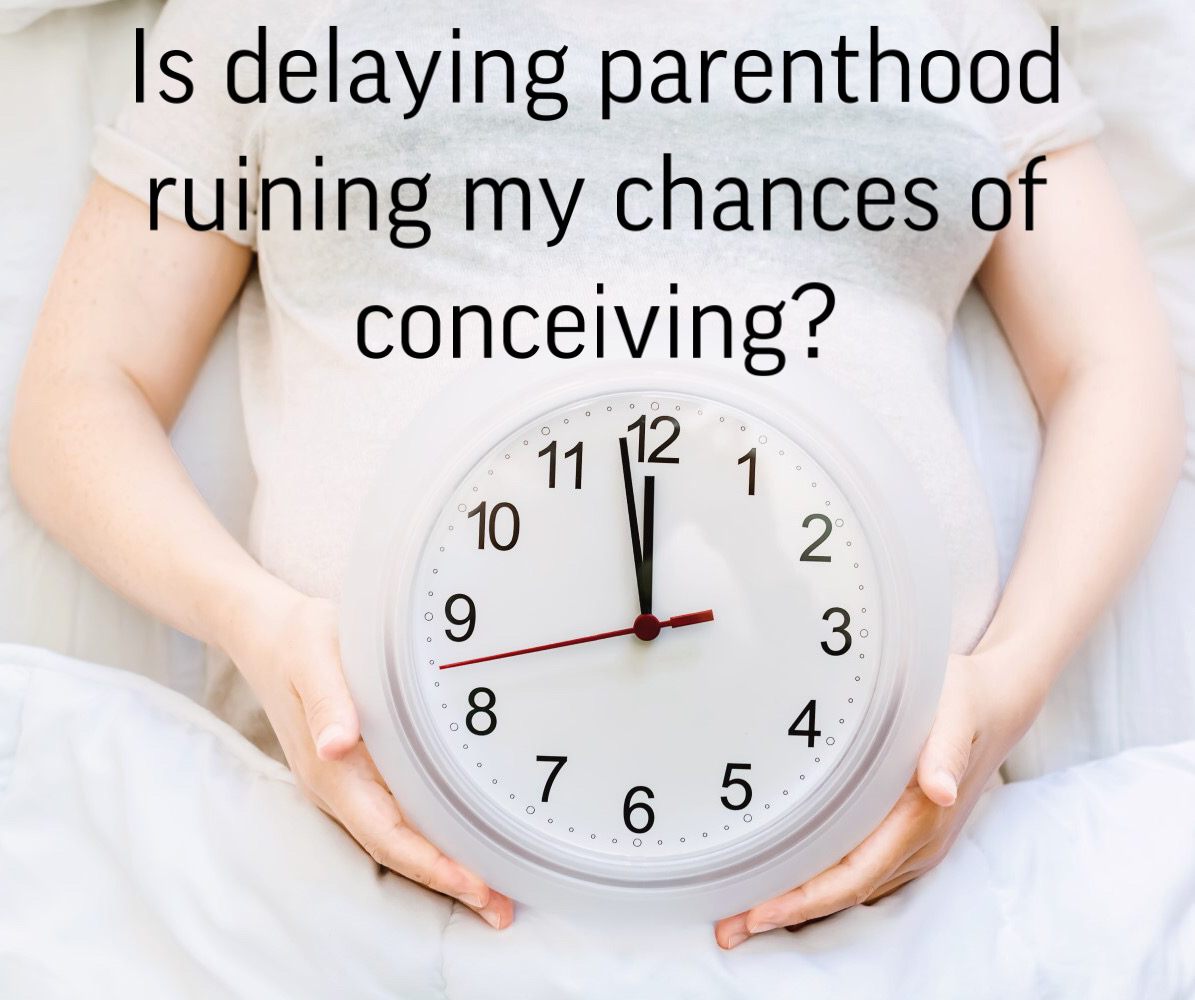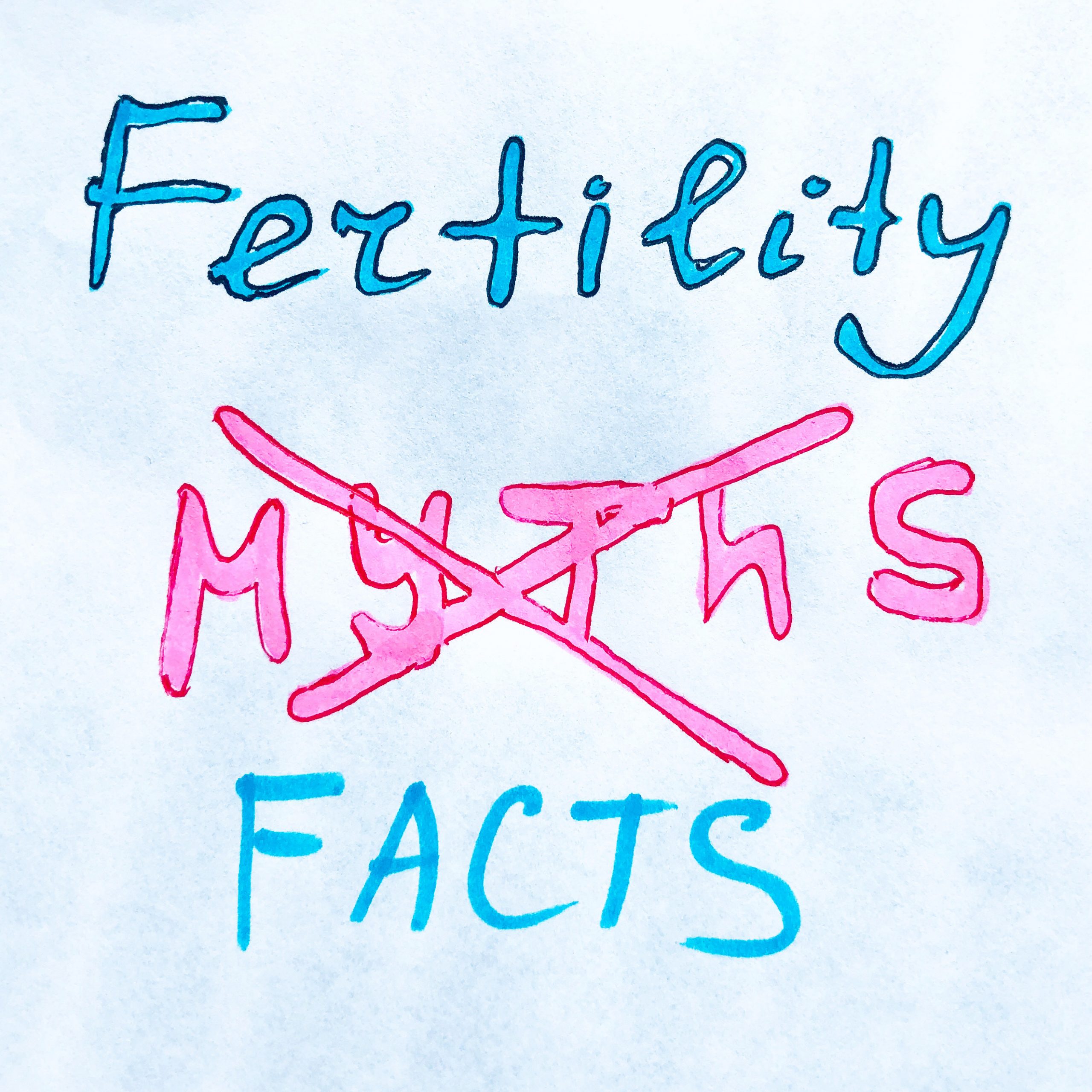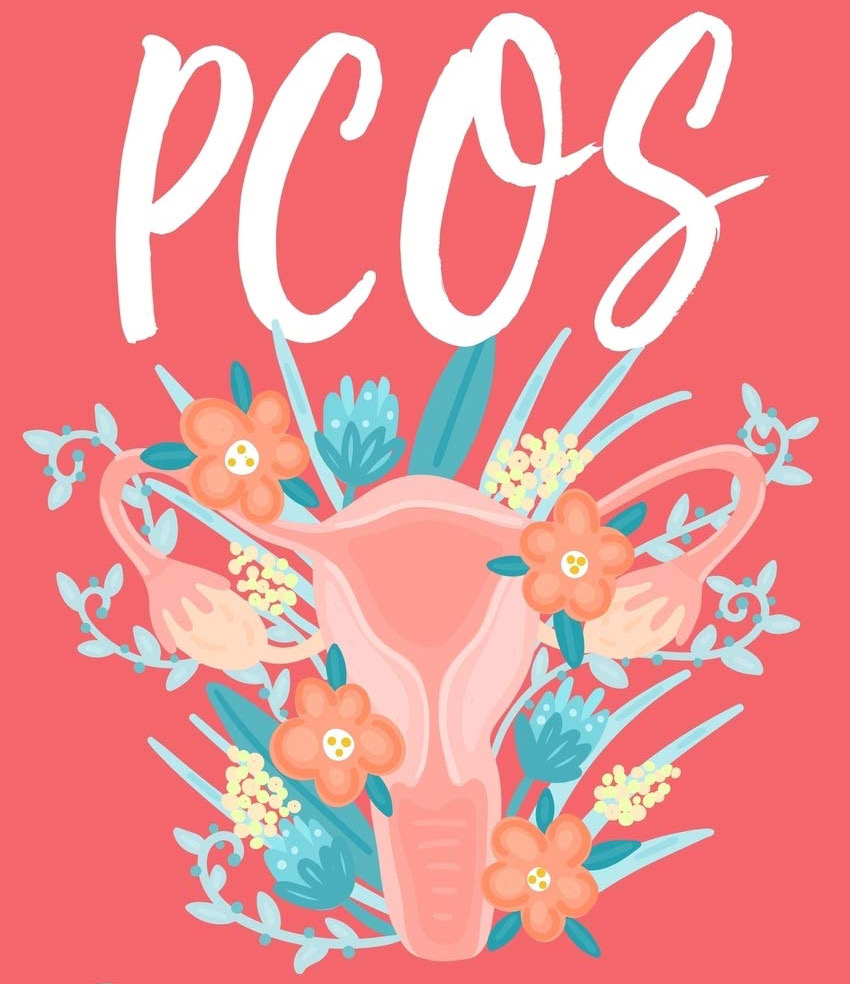Learn all about IVF, its alternatives, and whether it’s right for you or not
Introduction to IVF
In today’s modern world, many couples face the difficult decision of whether or not to pursue in vitro fertilization (IVF) when trying to conceive a child. It’s a decision that carries immense emotional, physical, and financial weight. To help you navigate this complex choice, we’ve created an introduction and a comprehensive guide to understanding IVF and factors to consider before choosing it. We’ll also explore the pros and cons of IVF and present alternative options. Lastly, we’ll discuss the importance of seeking professional advice throughout your journey. By the end of this article, you’ll have a clearer understanding of whether or not IVF is the right path for you.
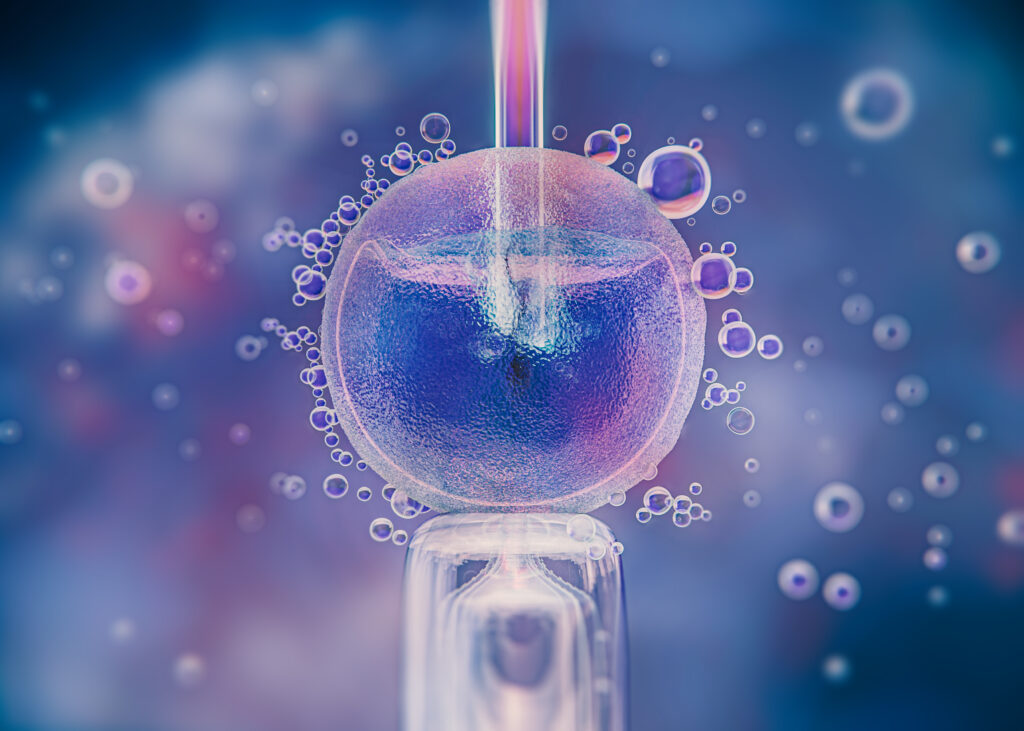
Understanding IVF: A Brief Overview
In today’s world, advancements in medical technology have made it possible for couples struggling with infertility to have a chance at starting a family. One such method is in vitro fertilization, commonly known as IVF. This groundbreaking procedure has brought hope to countless individuals and has revolutionized the field of reproductive medicine.
What is IVF?
IVF, or in vitro fertilization, is a medical procedure that involves fertilizing an egg with sperm outside of the body in a laboratory setting. This remarkable technique allows couples who are unable to conceive naturally to have a chance at parenthood. By combining the woman’s eggs and the man’s sperm in a controlled environment, IVF provides an opportunity for fertilization to occur.
During the IVF process, the eggs are carefully monitored and stimulated to mature through the administration of fertility medications. This ensures that multiple eggs are available for retrieval, increasing the chances of successful fertilization. Once the eggs have reached the desired stage of development, a minor surgical procedure is performed to retrieve them.
Once the eggs have been retrieved, they are brought to the laboratory, where they are combined with the sperm. This step is crucial, as it mimics the natural process of fertilization that would occur within the woman’s body. The eggs and sperm are placed together in a laboratory dish, creating an environment that promotes fertilization.
The IVF Process Explained
The IVF process consists of several steps, each carefully orchestrated to maximize the chances of a successful pregnancy. After the eggs have been fertilized, they are closely monitored for a few days to ensure proper development. During this time, the embryologists assess the quality of the embryos, looking for signs of healthy growth and development.
Once the embryos have reached the optimal stage of development, one or more are selected for transfer into the woman’s uterus. This decision is made based on various factors, including the quality of the embryos and the age of the woman. The selected embryos are delicately placed into the uterus, where they will hopefully implant and establish a pregnancy.
Following the embryo transfer, the woman enters a waiting period, during which she anxiously awaits the results of the IVF procedure. This period can be filled with a mix of emotions, ranging from excitement and hope to anxiety and uncertainty. It is a time of anticipation and longing, as couples eagerly await the news that could change their lives forever.
It is important to note that IVF is not always successful on the first attempt. In some cases, multiple cycles may be required to achieve a pregnancy. However, the advancements in IVF technology have significantly increased the success rates, giving couples a renewed sense of hope and optimism.
In conclusion, IVF is a remarkable medical procedure that has brought joy and happiness to countless couples around the world. By providing an alternative path to parenthood, it has given hope to those who thought they would never have the opportunity to experience the joys of raising a child. With ongoing advancements in reproductive medicine, the future of IVF looks promising, offering new possibilities and opportunities for couples longing to start a family.
Factors to Consider Before Choosing IVF
Assessing Your Physical Health
Prior to considering IVF, it’s essential to evaluate your overall physical health. This includes discussing any underlying medical conditions with your healthcare provider. Factors such as age, BMI, and ovarian reserve play a significant role in determining the success of IVF treatment.
When assessing your physical health, it’s important to consider not only your current state but also any potential risks or complications that may arise during the IVF process. Your healthcare provider will conduct a thorough examination and may recommend additional tests to ensure that you are in the best possible condition for IVF.
Furthermore, understanding the impact of lifestyle factors on your physical health is crucial. Factors such as smoking, excessive alcohol consumption, and poor nutrition can affect fertility and the success of IVF. Making positive changes to your lifestyle before embarking on IVF can improve your chances of a successful outcome.
Additionally, it’s important to assess the health of your reproductive system. Conditions such as blocked fallopian tubes or endometriosis may affect the suitability of IVF. Consulting with a fertility specialist can help you understand how these factors will impact your chances of success. They can provide guidance on potential treatments or interventions that may be necessary before proceeding with IVF.
Emotional Readiness for IVF
Undergoing IVF can be an emotional rollercoaster. The process is both physically and mentally demanding, requiring patience, resilience, and perseverance. It’s crucial to assess your emotional readiness and ensure you have a support system in place.
When considering your emotional readiness, it’s important to reflect on your personal coping mechanisms and how you typically handle stress. IVF can bring about a range of emotions, including hope, disappointment, and anxiety. It’s essential to have open and honest conversations with your partner, family, and friends about the potential challenges and long-term commitment that IVF entails.
Additionally, seeking professional psychological support can help you navigate the emotional aspects of IVF. A trained therapist or counselor can provide guidance and strategies to help you cope with the ups and downs of the process. They can also help you develop healthy coping mechanisms and provide a safe space to express your feelings and concerns.
Remember, emotional readiness is just as important as physical readiness when it comes to IVF. Taking the time to assess and address your emotional well-being can contribute to a more positive experience and increase your chances of success.
Financial Implications of IVF
IVF is a costly procedure. It’s essential to consider the financial implications before making a decision. While the cost of IVF varies depending on factors such as location and clinic, it’s important to research the average costs associated with IVF in your area.
When assessing the financial implications, it’s important to consider not only the upfront costs but also any potential additional expenses that may arise during the IVF process. These can include medication costs, additional tests or procedures, and potential complications that may require further medical attention.
Investigating your insurance coverage is also crucial. Some insurance plans may cover a portion of the costs associated with IVF, while others may not provide any coverage at all. Understanding your insurance benefits and limitations can help you plan and budget accordingly.
Creating a budget specifically for IVF is highly recommended. This will allow you to assess your financial situation and determine if you have the necessary funds available or if you need to explore potential financing options. Many fertility clinics offer financing programs or payment plans to help alleviate the financial burden of IVF.
Knowing the financial strain that IVF could place on your family is vital for making an informed decision. It’s important to weigh the potential costs against the potential benefits and consider alternative options if necessary. Remember, there are various paths to parenthood, and IVF may not be the right choice for everyone.
The Pros and Cons of IVF
When it comes to fertility treatments, in vitro fertilization (IVF) is a popular option for couples struggling to conceive. IVF involves the fertilization of eggs with sperm outside of the body, in a laboratory setting. While IVF has its advantages, it also comes with potential drawbacks that couples should consider.
Advantages of IVF
One of the significant advantages of IVF is its high success rate. For couples struggling with infertility, IVF offers a chance at conceiving and having a biological child. This can be a source of great joy and fulfillment for couples who have longed for a family of their own.
IVF also allows for preimplantation genetic testing, which can help identify genetic disorders and increase the chances of a healthy pregnancy. This testing can provide valuable information to couples, allowing them to make informed decisions about their reproductive journey.
Moreover, IVF provides hope and empowers couples who have exhausted other fertility treatments. After facing disappointment and frustration, IVF can be seen as a beacon of hope, offering a renewed sense of possibility.
Potential Drawbacks of IVF
IVF is not without its challenges. The process is physically demanding and invasive, involving hormone injections, regular monitoring, and potential surgical procedures. These procedures can be uncomfortable and may cause side effects such as bloating, mood swings, and fatigue.
There is also a risk of multiple pregnancies with IVF, which can increase the chance of complications. While the idea of having twins or triplets may sound exciting to some, it also brings a higher risk of premature birth, low birth weight, and other health issues for both the mother and the babies.
The emotional toll of unsuccessful cycles or pregnancy loss can be devastating. Couples invest not only their time and money but also their hopes and dreams into the IVF process. Dealing with the disappointment of failed cycles or experiencing the heartbreak of a miscarriage can take a significant emotional toll on individuals and their relationships.
Additionally, the financial strain of IVF might not be feasible for everyone. IVF can be an expensive treatment, and the costs can add up quickly. From medications to doctor’s visits to laboratory fees, the financial burden of IVF can be overwhelming for some couples.
Despite these potential drawbacks, IVF remains a viable option for many couples. It is essential for individuals to weigh the pros and cons, considering their unique circumstances and desires, before making a decision about pursuing IVF.
Alternatives to IVF
Natural Fertility Treatments
Before pursuing IVF, it’s worth exploring natural fertility treatments. These treatments focus on optimizing overall health, improving fertility, and increasing the chances of conception. Natural fertility treatments may include lifestyle changes, acupuncture, herbal remedies, and nutritional supplements. Consulting with a holistic practitioner or a healthcare professional experienced in fertility can help guide you in this direction.
Adoption and Surrogacy
For couples who are unable to conceive or carry a pregnancy, adoption and surrogacy can be alternative paths to parenthood. Adoption provides the opportunity to provide a loving home to a child in need, while surrogacy allows couples to have a biological connection to their child through a gestational carrier. Both options require careful consideration and extensive research to determine the best fit for your family.
Seeking Professional Advice
Consulting with Fertility Specialists
When faced with the decision of whether or not to pursue IVF, it’s crucial to seek professional advice. Fertility specialists are well-versed in the latest advancements and can provide personalized guidance based on your unique circumstances. They will assess your medical history, perform necessary tests, and help you understand the potential success rates and risks associated with IVF. Their expertise will empower you to make an informed decision.
Psychological Support and Counseling
The emotional journey of considering, undergoing, or not pursuing IVF can be overwhelming. During this time, it can be immensely beneficial to seek psychological support and counseling. Mental health professionals specializing in fertility can provide emotional support, coping strategies, and a safe space to express your fears and concerns. They can also help you navigate the complex emotions that accompany each stage of the IVF journey.
In conclusion, the decision of whether or not to pursue IVF is one that should be approached with careful consideration. Understanding the process, evaluating personal factors, and exploring alternative options are crucial stepping stones toward making the right choice. Remember, seeking professional advice throughout your journey and building a solid support system are vital components in making an informed decision that is best for you and your future family.

